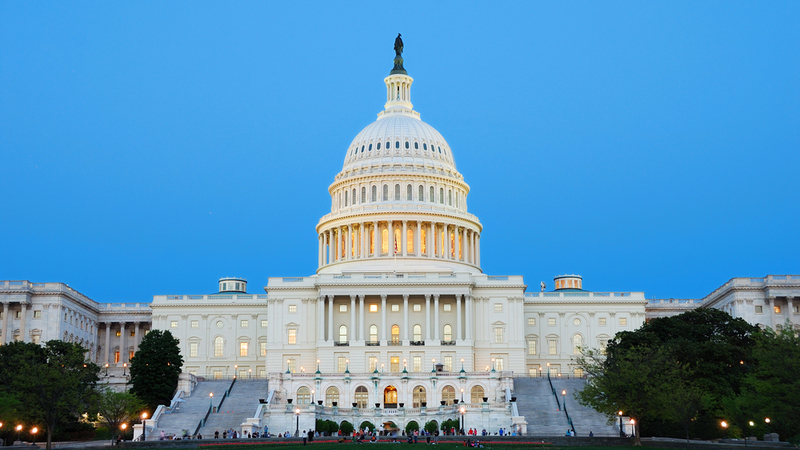It has been nearly two months since the 20-year mission to reshape Afghanistan collapsed in a matter of days. In the subsequent weeks, several congressional committees have convened to hold hearings on the failures and falsehoods that contributed to the stunning disintegration of governance preceding the fall of Kabul. There are plenty of culprits to blame, including Congress itself, which for years has been content to accept military brass’s rosy pronouncements about Afghanistan while ignoring the growing evidence that our mission there was failing.
If we are to prevent more such disasters in the future, the 117th Congress must reassert its constitutional authority in matters of foreign policy, reclaiming the power to authorize, fund, and ultimately bring an end to hostilities when wars are won or no longer serve American interests.
……………………………..
Congress has been slowly building toward this moment. In recent years, legislators have become increasingly willing to pick fights with successive administrations when Congress is not consulted before military action is taken abroad. These fights have been fought over war powers, the sale of arms to authoritarian states, and the repeal of outdated Authorizations for Use of Military Force (AUMFs). The latter fight is gaining momentum on the heels of a House vote on legislation repealing the 2002 Iraq War AUMF, which also enjoyed bipartisan support in the Senate Foreign Relations Committee.
……………………………..
James Madison famously remarked that “in no part of the constitution is more wisdom to be found than in the clause which confides the question of war or peace to the legislature, and not to the executive department.” Despite this wise counsel, and the Framers’ decision to make Congress the executive’s coequal in matters of foreign policy, lawmakers have consistently yielded their most solemn prerogative to the White House, to the point where presidents of both parties have felt comfortable relying on congressional deference when commencing military action without legislative authorization.
……………………………..
The past 20 years have illuminated a new dimension of congressional complacency: acquiescence to executive action based on standing authorizations. A week after the attacks of September 11, 2001, Congress passed the 2001 Authorization for Use of Military Force sanctioning military action against “those nations, organizations, or persons who [the president] determines planned, authorized, committed, or aided the terrorist attacks . . . or harbored such organizations or persons.” Since that time, presidents have used the 2001 AUMF as a license to conduct more than 40 operations in 19 countries, many of them wholly unrelated to the perpetrators of 9/11.
Read the rest of this article at National Review





